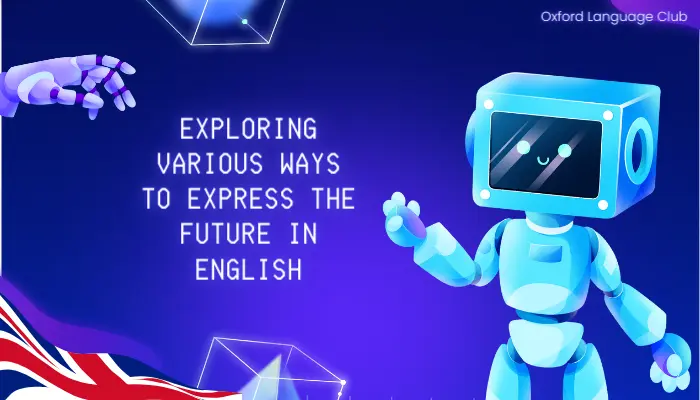Great site to keep my english skills updated for work and travel. I am really enjoying the lessons!
Maria C
 Argentina
Argentina


English, like many languages, offers several ways to talk about future events. Each method carries subtle nuances and is used in specific contexts. In this article, we'll delve into three primary future tenses in English: "will," "going to," and the present continuous for future events.
1. Will
"Will" is perhaps the most straightforward way to express the future in English. It's used to make predictions, promises, decisions, and offers spontaneously.
Example Sentences:
Usage Tips:
Use "will" for unplanned or spontaneous decisions.
Employ it when making predictions or expressing future certainty.
2. Going To
The "going to" construction is used to discuss future intentions, plans, and predictions based on present evidence or circumstances. It's often used for events that are already in the process of happening.
Example Sentences:
Usage Tips:
Use "going to" when discussing premeditated future actions.
Employ it for events that are clearly anticipated based on current conditions.
3. Present Continuous for Future
While the present continuous tense primarily refers to actions happening now, it can also be used to discuss future plans that are already scheduled.
Example Sentences:
Usage Tips:
Use the present continuous for events that are already scheduled.
Employ it when discussing arrangements or appointments in the near future.
When to Choose Which Tense?
Selecting the appropriate future tense depends on the context and the speaker's intention:
Conclusion
Mastering these various ways to express the future in English allows for more precise and nuanced communication. Understanding when to use "will," "going to," or the present continuous for future events can greatly enhance your proficiency in the language. As you become more familiar with these tenses, you'll be able to express future actions with confidence and clarity.
October, 2023
Posted by Oxford Language Club